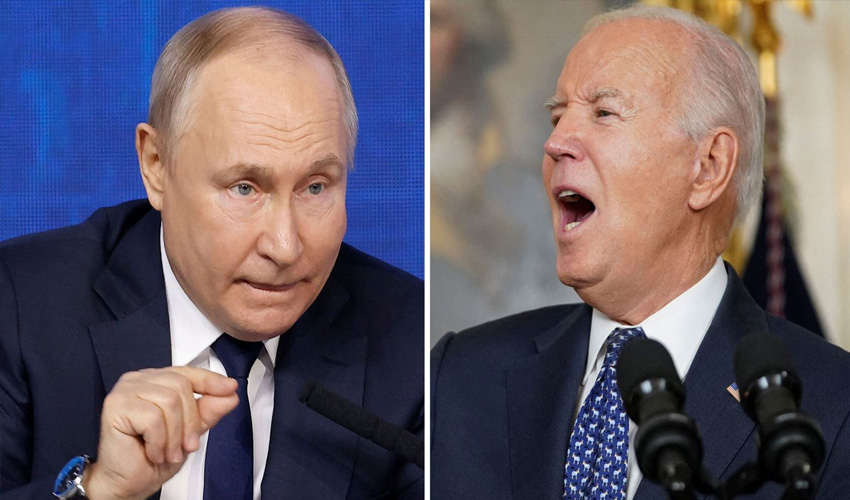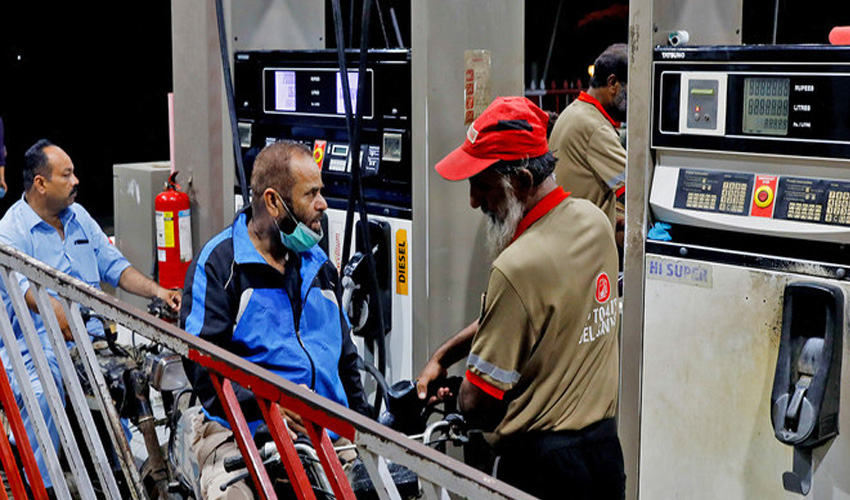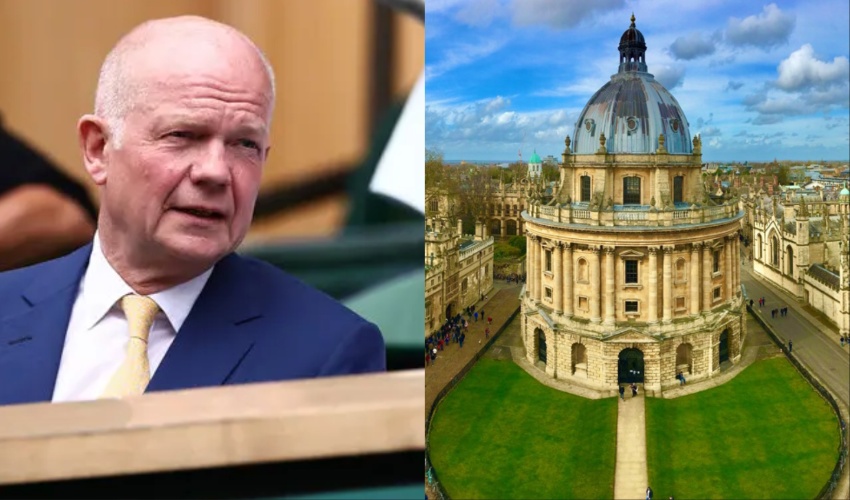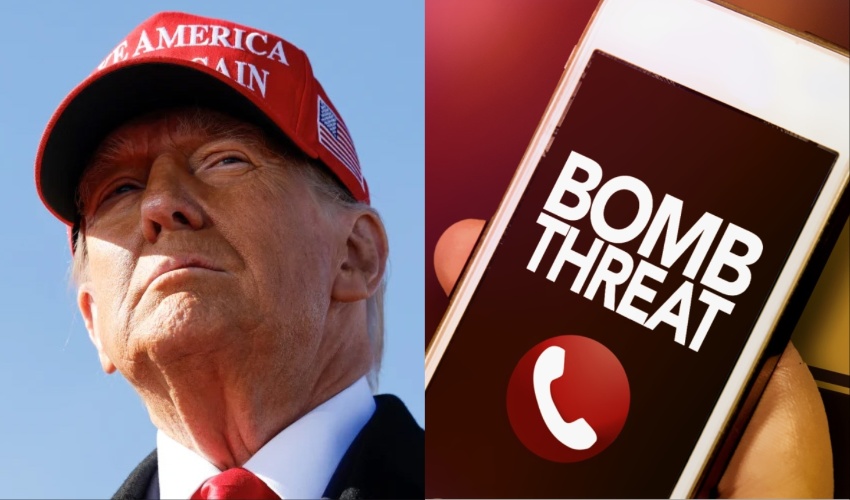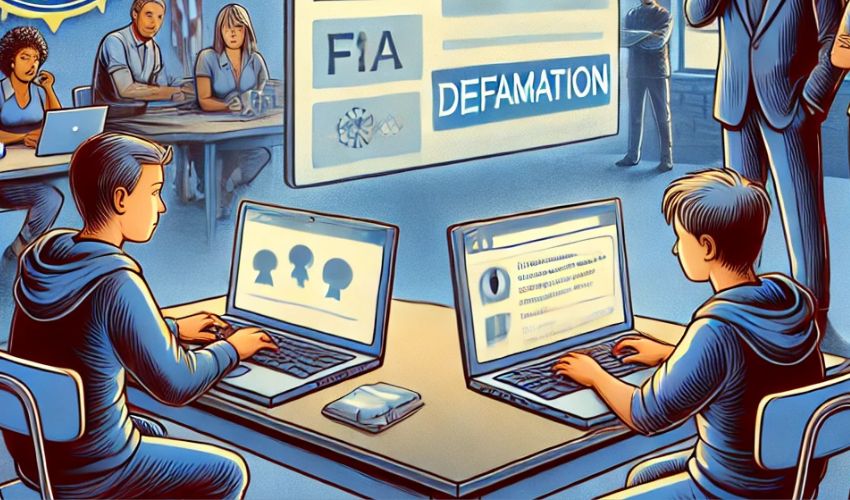Tensions brewed as Russia announced plans for military drills involving the deployment of tactical nuclear weapons.
The Defense Ministry's declaration made public on Monday, unveiled preparations for exercises designed to simulate the positioning and potential use of these lower-yield nuclear arms.
The decision comes amidst rising discord between Russia and Western nations, particularly in the context of the ongoing conflict in Ukraine. Tensions have been exacerbated by recent remarks from Western officials, which the Kremlin views as provocative and threatening.
"While Russia's strategic nuclear forces have regularly engaged in exercises, the explicit inclusion of tactical nuclear weapons in drills marks an unprecedented escalation," noted military analysts. These weapons, distinct from the colossal warheads mounted on intercontinental ballistic missiles, carry a more localized and targeted impact.
The Defense Ministry attributed the decision to "provocative statements and threats" emanating from certain Western quarters regarding the Russian Federation. This move, it emphasized, is aimed at safeguarding Russia's territorial integrity and sovereignty in the face of perceived external pressures.
The drills are set to involve missile forces in the Southern Military District, aviation units, and elements of the navy. Their timing underscores Moscow's firm stance against what it perceives as meddling in Ukraine by Western powers.
Responding to the announcement, Kremlin spokesman Dmitry Peskov highlighted the context of Western rhetoric, citing remarks from French President Emmanuel Macron, British officials, and a representative of the U.S. Senate. He condemned discussions of deploying NATO troops to Ukraine as "a completely new round of escalation" requiring careful attention.
Meanwhile, U.S. President Joe Biden's past assertion of the unlikelihood of Russian nuclear weapon use contrasts with reported contingency planning for such scenarios. Western skepticism regarding Russia's intentions has been met with assertions from Ukrainian officials, branding Moscow's maneuvers as "nuclear blackmail."
The current geopolitical landscape is fraught with concerns over the potential for a wider conflict. Russia, while warning against the perils of a direct confrontation with NATO, has positioned its actions within the framework of historical grievances and assertions of its rightful sphere of influence.
As NATO conducts its largest exercise since the Cold War, dubbed "Steadfast Defender," observers remain vigilant for any indication of nuclear elements within the maneuvers. The specter of nuclear brinkmanship, once confined to the annals of history, has ominously resurfaced, casting a shadow over international relations and raising fears of a new era of global instability.





